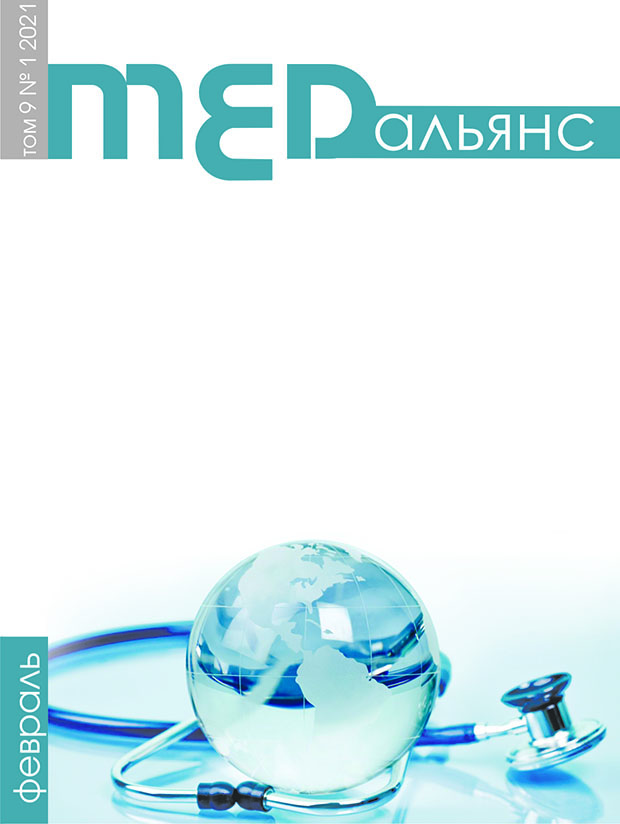Abstract
Introduction. Prior to detailed review of the North-West Federal District (NWFD) pulmonology service performance during the COVID-19 pandemic, it is especial-ly worthwhile to evaluate its human resourcing in the prepandemic period of 2015–2019, since the performance of pulmonology service largely depends on its staffing, moreover in conditions of restructuring and decreased number of pulmonology bedspace in hospitals.
Мethods. In the course of the study, the authors have analysed human resourcing data for pulmonology profile within the state healthcare system in NWFD for the period of 2015–2019. The results were statistically processed and data analysis carried out using Micro-soft Office Excel and SPSS software.
Results. In the state healthcare system medical institutions of the NWFD throughout 2015–2019, the number of regular pulmonologists’ positions fluctuated unrhythmically. The number of pulmonologists (MDs) in NWFD grew 0.82% during the period of 2015–2019, for comparison, in the Russian Federation the growth for the same period was 32.08%. The number of operating pulmonology departments remained practically the same, but the number of occupied positions constantly changed. Practically all the pulmonologists in the NWFD have a specialist certificate, but the share of doctors with qualification grade remains insufficient, and is on the decrease. Statistical analysis demonstrated significant positive Pearson correlation between the number of pulmonologists and general respiratory incidence (0.74 р=0.04), mortality (0.756 р=0.003), and the number of occupied pulmonology bedspace (0.619 р=0.024).
Conclusion. Today, pulmonology service human resourcing review is to be conducted taking into account respiratory morbidity and mortality and the need for pulmonology services among the general population. Currently, there is no scientifically justified regulatory framework for the development of the pulmonology service in NWFD regions, while the work of such services depends very much on the regional budgets and medical services’ tariffs. The development and fast implementation of such comprehensive measures as salaries’ increase, adequate social support, regular residential and non-residential courses of continuous medical education, professional networking, etc. will allow to maintain and holistically develop the human potential of the NWFD pulmonology service.

